Many people find that they need to withdraw funds from an existing retirement plan for such things as unforeseen expenses or to buy a home. Though it’s not recommended that you pull money out of your retirement fund early, the IRS does recognize that there will be circumstances in which taxpayers may need to do so.
Distributions from an IRA, 401(k) or other retirement plan generally MUST be included as part of your taxable income. Additionally, if you are under 59 ½ years old, your withdrawal will usually be subject to an additional penalty tax of 10%. Note…that’s IN ADDITION to the regular income tax you must pay on the withdrawal. A little known fact is that this penalty may also apply to Roth IRAs – even if it has been at least five years since you first opened the account. And, if you withdraw money from a Simple IRA that you began participating in during the last two years, then your early distribution penalty will be 25% instead of 10%!
Given the tax consequences, it’s important to consider the impact before you tap your retirement accounts for short-term emergencies.
Luckily, there are exceptions to every rule, and the IRS has put some in place. If you qualify for any of these exceptions, you will not have to pay the additional 10% tax penalty on your early retirement distribution. Two set of exceptions exist. The first applies to individual retirement accounts (traditional and Roth IRAs). The second set applies to 401(k) and 403(b) retirement plans.
Here are the exceptions to the penalty for taking an early distribution from your IRA, AVOID THE EARLY PENALTY by meeting one:
- You did a “direct rollover” to your new retirement account.
- You received a lump-sum payment but rolled over the money to another qualified retirement account within 60 days.
- You were permanently or totally disabled.
- You were unemployed and used it to pay for health insurance premiums.
- You paid for college expenses for yourself or a dependent.
- You bought a house…this exception requires that you did not own a home in the previous two years and allows you to take only $10,000 from your retirement account.
- You paid for medical expenses exceeding 7.5% of your adjusted gross income (you do not need to itemize on your taxes in order to claim this exception.
- The IRS levied your retirement account to pay off your tax debts.
Unfortunately, the restrictions are greater when taking an early withdrawal from your 401(k) or 403(b) plan. Those exceptions are as follows:
- Distributions upon your death or disability.
- You were age 55 or older and retired or left your job.
- You received the distribution as part of “substantially equal payments” over your lifetime.
- You paid for medical expenses exceeding 7.5% of your adjusted gross income…again, you do not need to itemize on your taxes to be able to claim this.
- The distributions were required by a divorce decree or separation agreement, also known as a qualified domestic relations court order .
It’s important to recognize the difference between the two sets of exceptions. Many taxpayers have taken money from his or her 401(k) plan for college or down payment on a home only to find out that their withdrawal does not qualify for the penalty exception. One alternative to consider is checking if your 401(k) or 403(b) plan offers an option for you to take out a loan repayable over five years. Generally, the IRS permits you to borrow up to 50% of the balance of your retirement account, up to a maximum loan of $50,000.
For more information on this topic or assistance with your early withdrawal options and tax preparation, please call us at Admin Books.
Image source: 123rf.com/profile_kanghj103

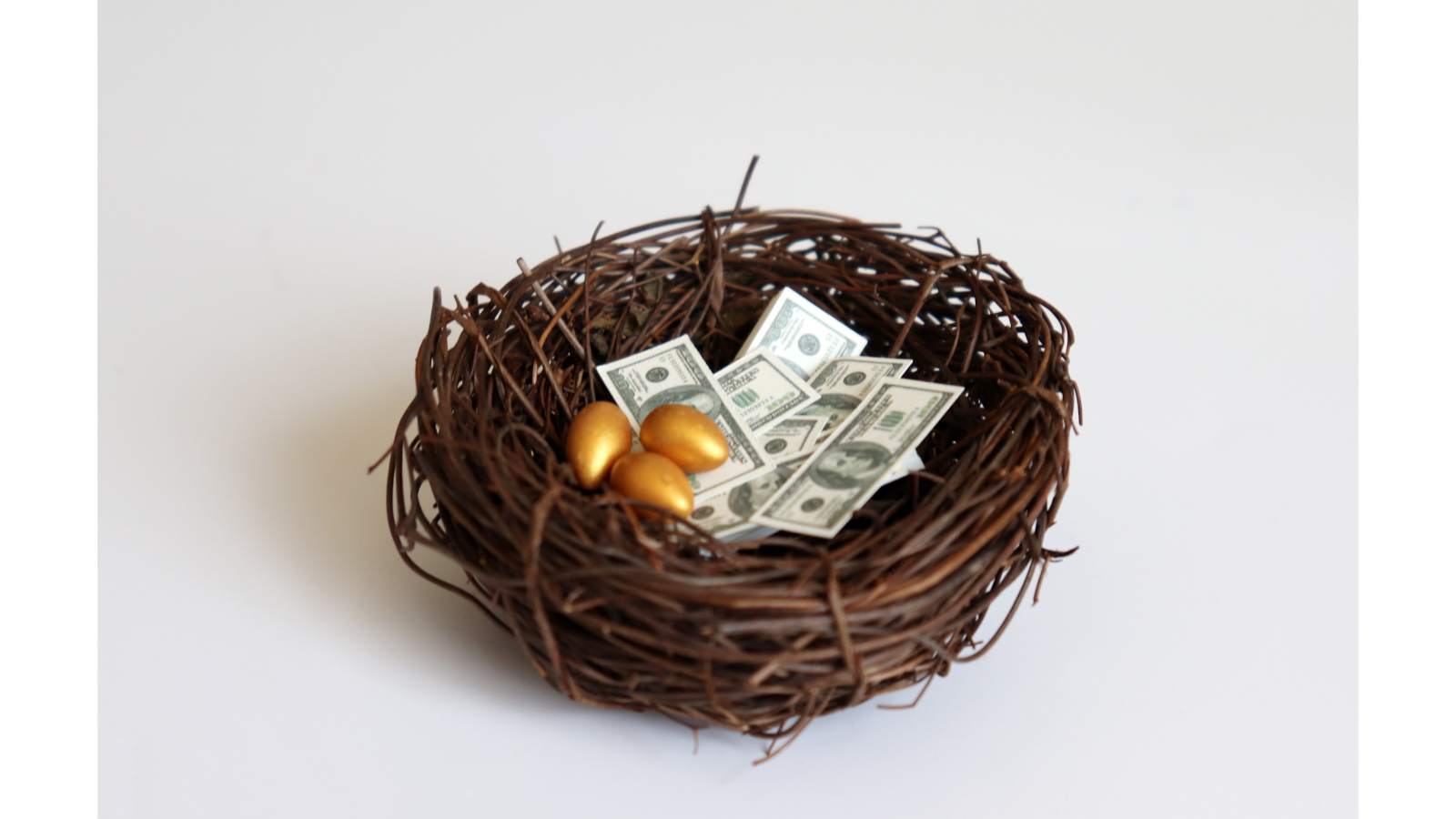
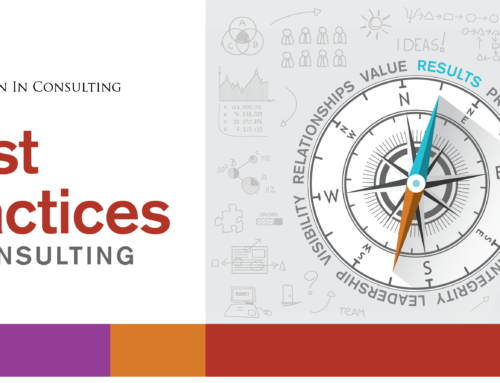



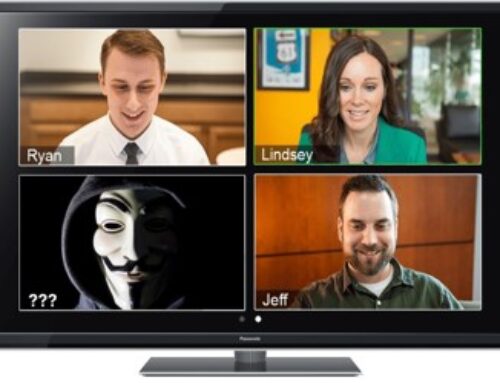
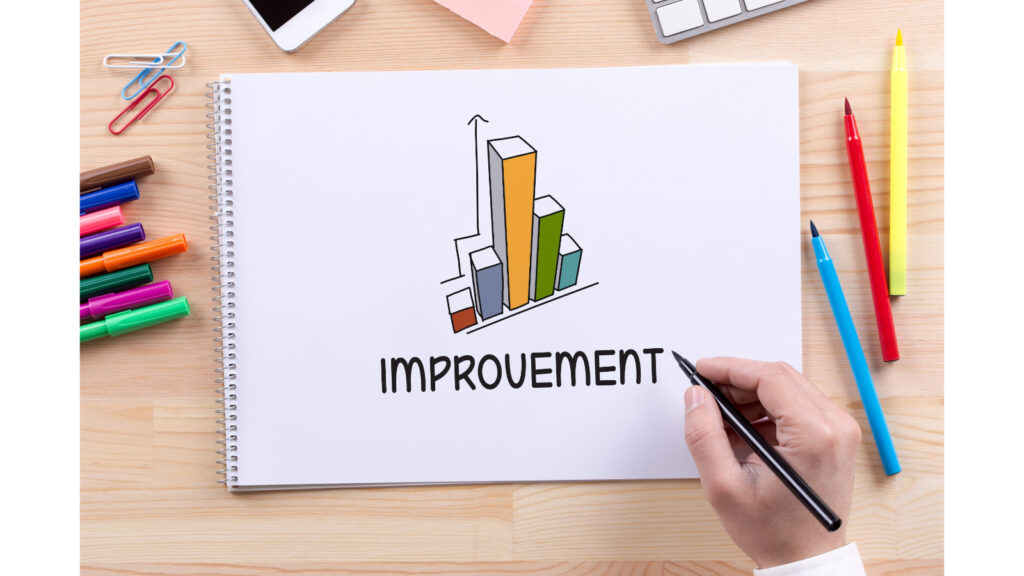
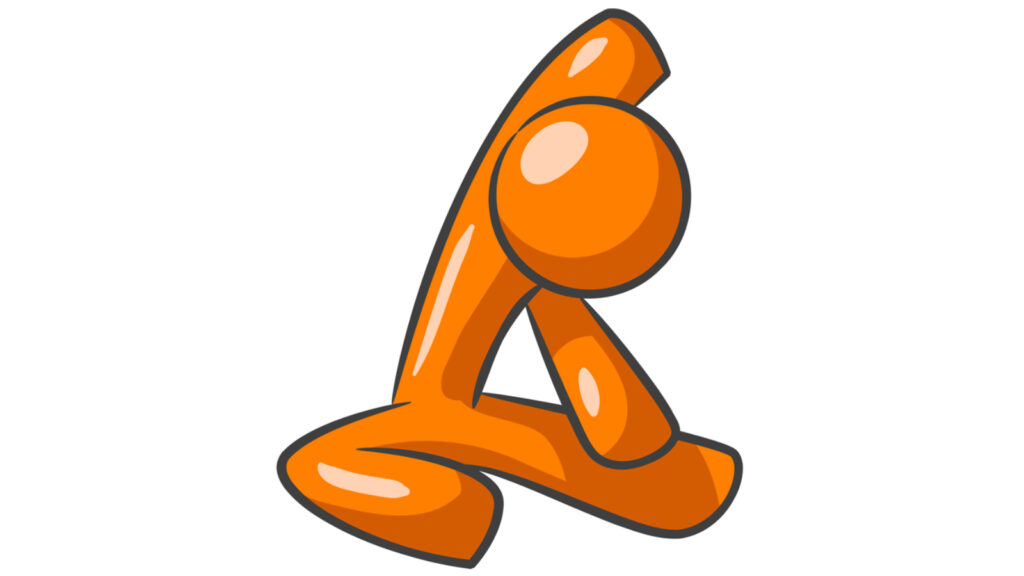
Renee, your posts are always so informative. Thank you.